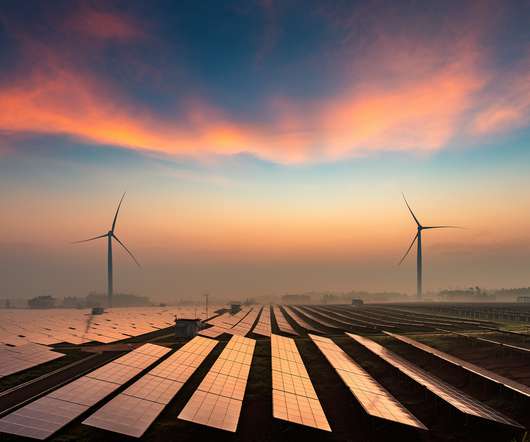Ford cuts global water use 8.5% per vehicle from 2011 to 2012; total usage down 62% since 2000
Green Car Congress
MARCH 22, 2013
Ford has reduced the average amount of water used to make each of its vehicles by 8.5% between 2011 and 2012—putting the company more than halfway toward its current goal of using an average of 4 cubic meters per vehicle globally by 2015. billion gallons, or about 62%. billion gallons, or about 62%.












Let's personalize your content